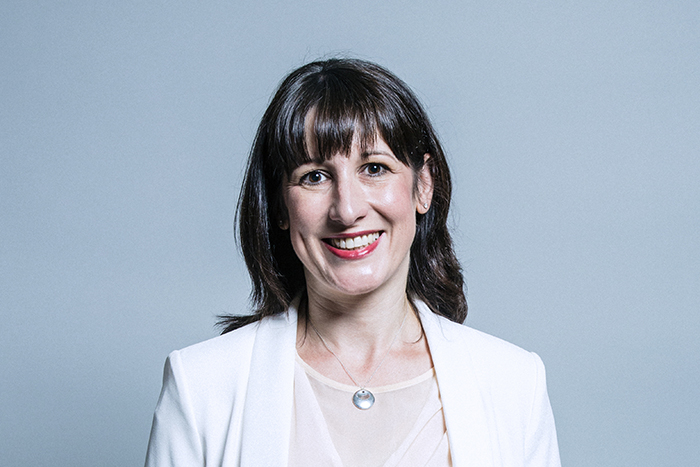
The Chancellor says there are “difficult decisions” ahead of Autumn Budget to put the UK on the path to sustained economic growth.
Rachel Reeves said that removing planning restrictions and foreign investment are key to creating jobs and lifting wages.
“Businesses tell me they are ready to invest if we get rid of some of those blockages — and the blockages in the planning system are more significant than anything else,” the new Labour Chancellor told Bloomberg TV in an interview.
She added: “Our plans to grow the economy depend on businesses and investors choosing Britain as a place to invest.”
The Chancellor said the government’s plans to bring back mandatory housing targets for local councils, ending the moratorium on onshore wind power, and reviewing blocked planning decisions on housing and data centres “send a signal to business that Britain is a place to invest”.
Reeves added: “There are going to be difficult decisions ahead but I was really clear during the election that everything we put forward, whether that is on the NHS, or defence or on tax policy will always be fully costed and fully funded.”
Labour has said that it will target gross domestic product growth at 2.5% a year, but Reeves declined to say when this would be achieved.
Last year, the UK grew by 0.1%, after suffering a mild recession in the final six months, following growth of 4.3% in 2022.
Growth last year was the weakest annual change since the financial crisis in 2009, excluding 2020, which was affected by the pandemic, says the Office for National Statistics.
Reeves says she will present a Treasury update of the country’s fiscal and spending position before the summer recess of parliament in July, before setting a date for her first Budget in the Autumn.
However, the Chancellor said the government intended to go further on the Conservatives changes to non-dom tax status introduced in March.
Then Chancellor Jeremy Hunt announced that the non-dom tax regime would be phased out by April 2025, raising £2.7bn a year by 2028/29.
But Reeves reiterated this termination date would be brought forward by a year, adding that the Treasury “will make reforms around inheritance tax” for this group.
Labour has pledged to end the use of offshore trusts as a tax break against Inheritance tax, which mainly affects non-doms.
The Labour manifesto also says it will lift the stamp duty surcharge paid by non-doms by 1%, raising £40m over five years. These rates are currently 2% points higher than those that apply to UK residents.
The Chancellor’s comments may mean property groups arguing for wider stamp duty and inheritance tax breaks may be in for a hard time convincing her ahead of this government’s first Budget.
MT Finance director of specialist lender Tomer Aboody says: “As always, we would like to see more transactions, however, and there’s never been a better time to reform stamp duty. The Labour government should consider addressing this in its Autumn Budget.”
Last month, inheritance tax receipts for April and May jumped 16.6% to £1.4bn, compared to the same period last year, according to official data.
The higher receipts were due to a mix of increasing volumes of wealth transfers following recent inheritance tax-liable deaths, rises in property values, and the maintenance of the levy’s thresholds at 2020 and 2021 levels, said HMRC.
Standard inheritance tax is levied at 40% on estates valued above £325,000. The tax comes under much criticism, but is usually paid by around 4% of UK estates.



